India authorities raid BBC offices over documentary critical of Modi's handling of anti-Muslim riots
Indian authorities raid the BBC's offices in the country over the British broadcaster's airing of a documentary reportedly critical of Prime Minister Narendra Modi's handling of hugely-deadly anti-Muslim riots in Gujarat in 2002 when he used to serve as the state's chief minister.
The broadcaster's offices located in New Delhi and Mumbai were targeted in the raid by Indian tax authorities on Tuesday, AFP reported.
The police sealed off the BBC's New Delhi office. A New Delhi-based BBC employee said that officials had been "confiscating all phones" during the tax raid.
The BBC aired the two-part documentary last month, alleging that Modi had ordered the police to turn a blind eye to the riots by Hindu nationalists, which left at least 1,000 people dead, most of them minority Muslims.
The Indian government has also banned screenings of the documentary at universities, arrested or suspended many students over the screenings, and blocked videos and tweets that offer links to the documentary across cyberspace.
India's opposition Congress party has denounced the government furor over the documentary as an "undeclared emergency."
The Editors Guild of India said the tax raids were part of a wider "trend of using government agencies to intimidate or harass press organizations that are critical of government policies."
A spokesman for the ruling Bharatiya Janata Party, however, accused the BBC of engaging in "anti-India propaganda." Government adviser Kanchan Gupta also slammed the documentary as "hostile propaganda and anti-India garbage."
'Ethnic cleansing' of Muslims
The BBC documentary cited a previously classified British foreign office report quoting unnamed sources as saying that Modi met senior police officers and "ordered them not to intervene" in the anti-Muslim violence.
The violence was intended "to purge Muslims from Hindu areas," the report said.
The "systematic campaign of violence has all the hallmarks of ethnic cleansing" and was impossible "without the climate of impunity created by the [Gujarat] state Government," it concluded.
Biden administration ‘quietly’ circumnavigating own ban on TikTok: Report
Iran Navy takes delivery of first advanced ‘signals-intelligence’ destroyer
Italian TV exposes Israeli manipulation of EU institutions
UK anti-corruption minister Siddiq resigns over links to Bangladesh ‘embezzlement probe’
VIDEO | Indian-administered Kashmir honors Imam Ali’s legacy of justice, leadership
Israel kills female Palestinian journalist based in Gaza’s Indonesian Hospital
US lawmakers demand answers from Biden on Israeli killing of Turkish-American activist
Araghchi: Iran never left negotiation table as its nuclear program ‘peaceful’


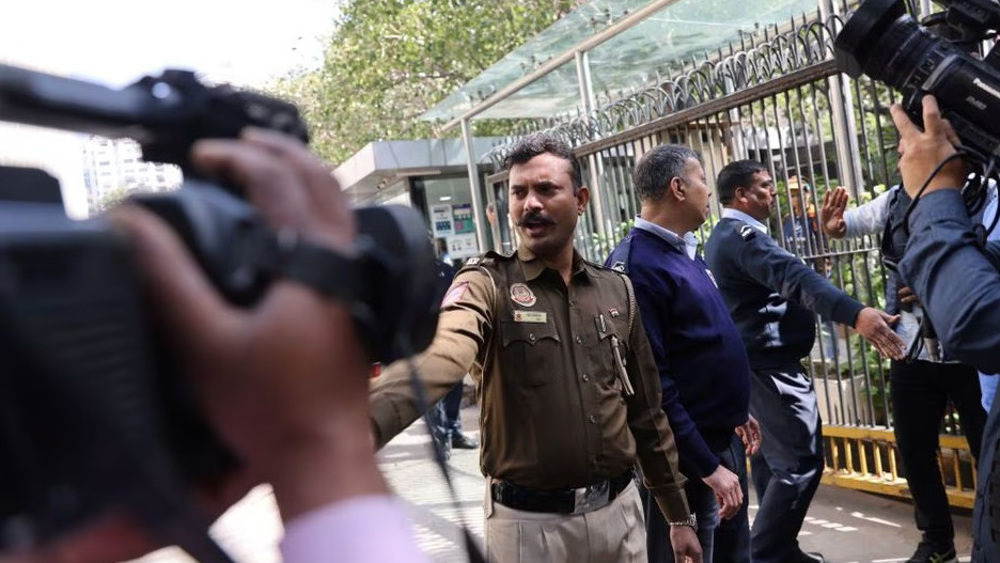
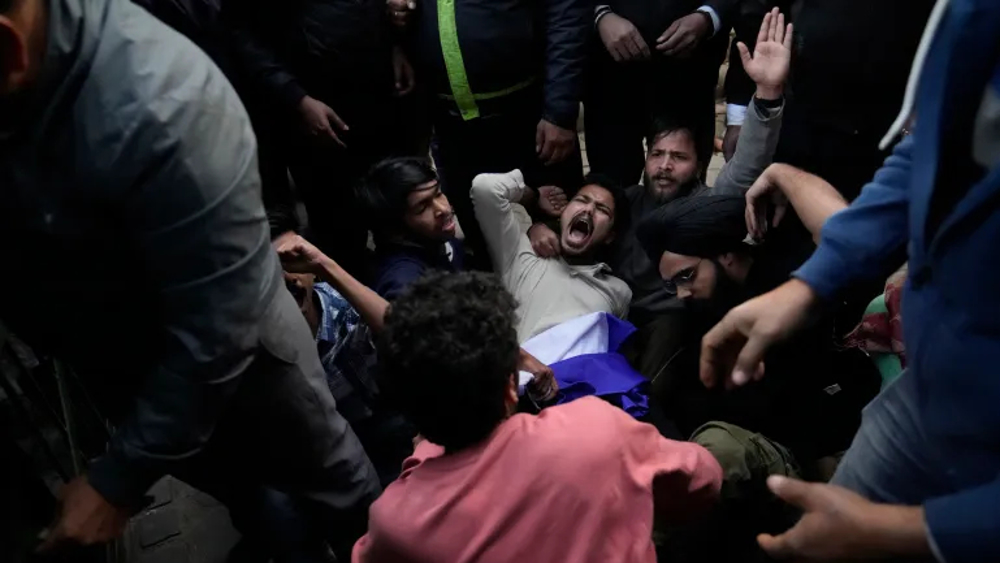
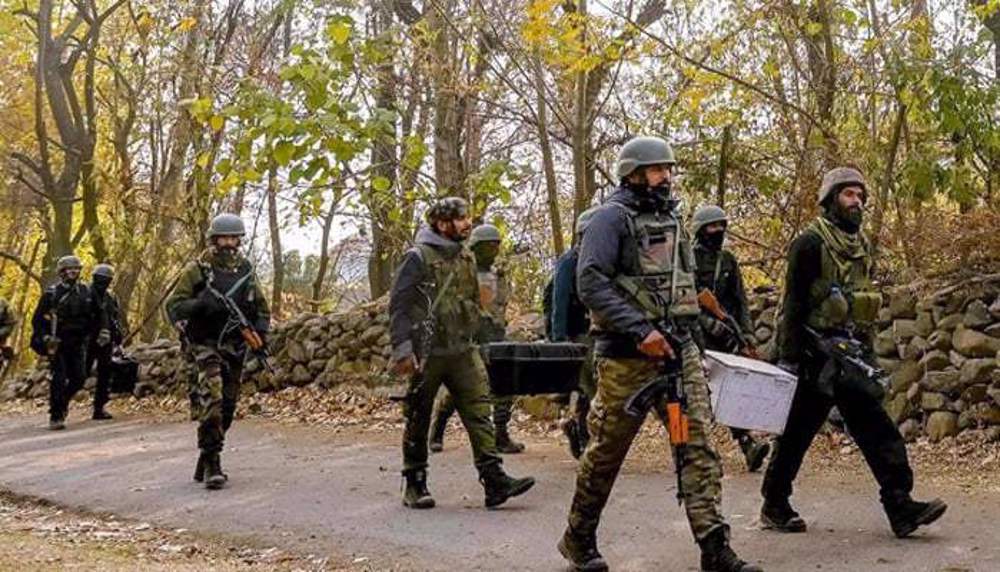

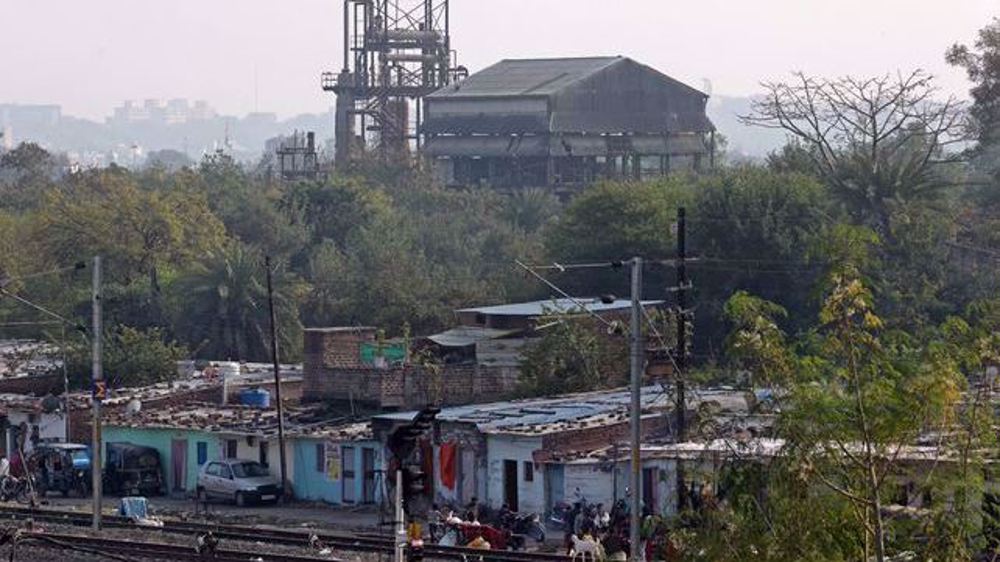



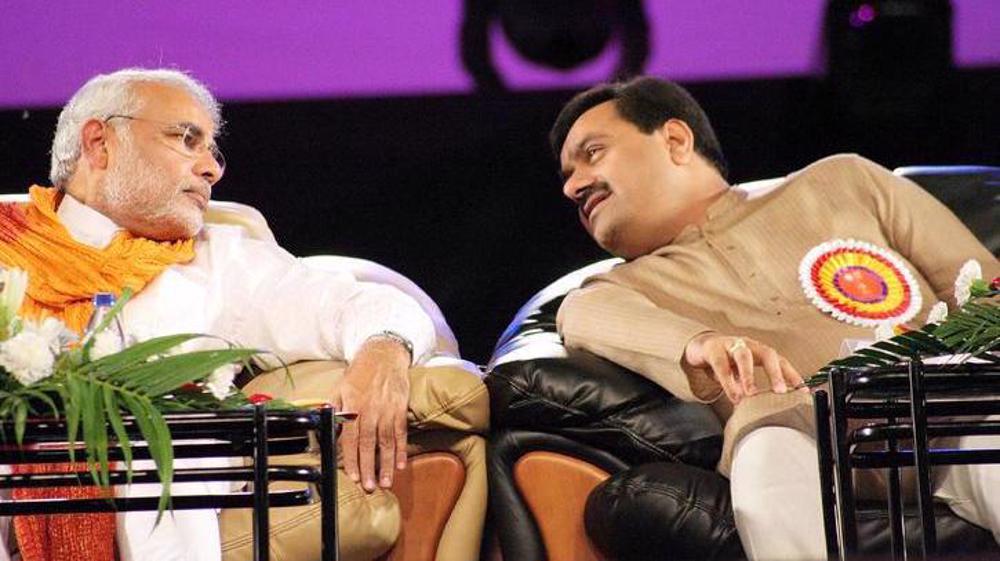
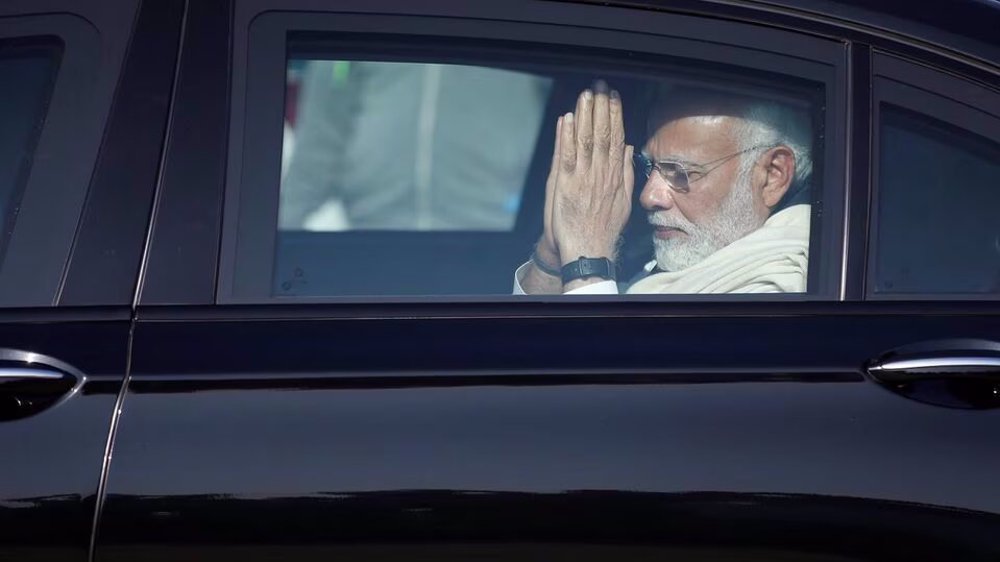
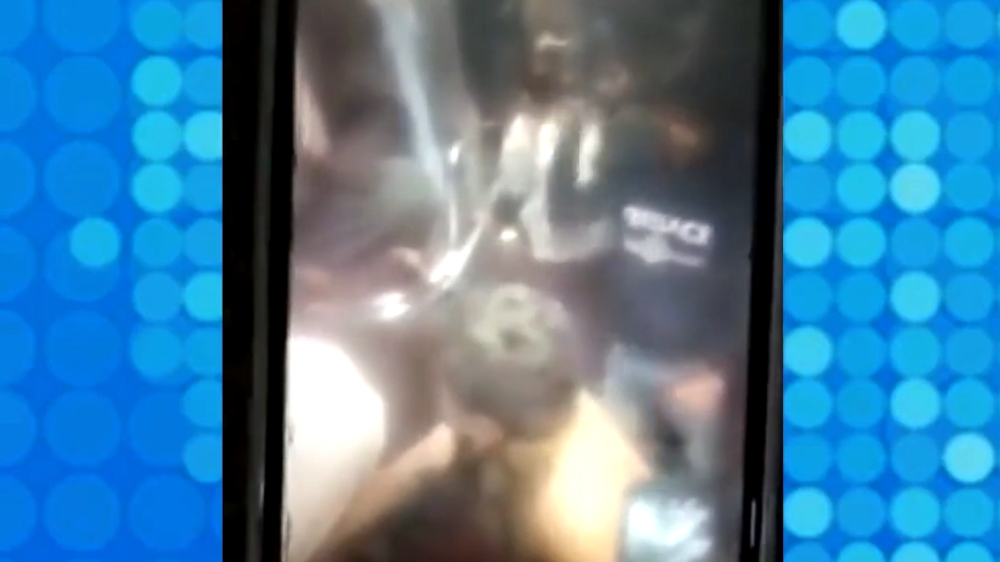

 This makes it easy to access the Press TV website
This makes it easy to access the Press TV website